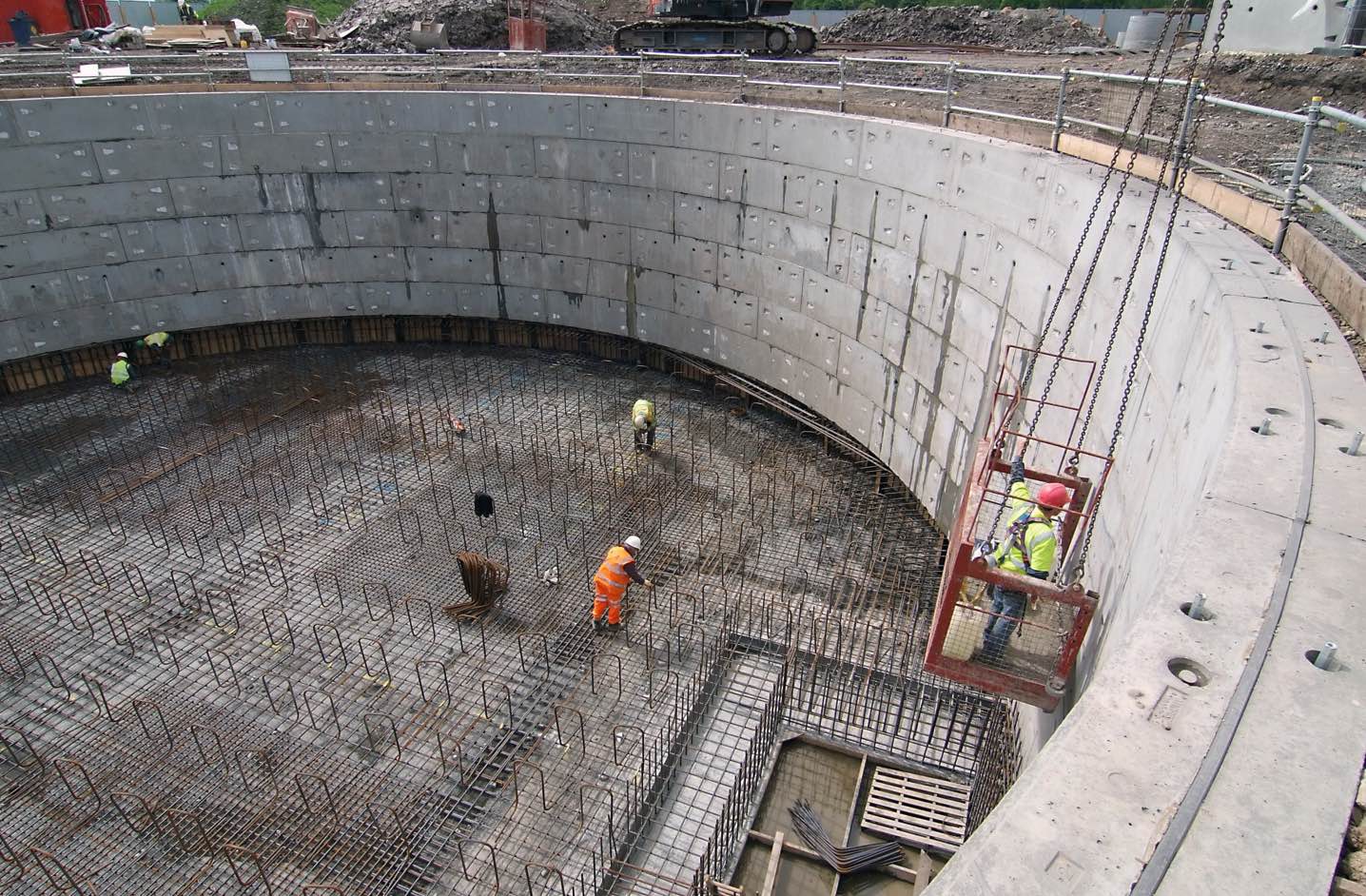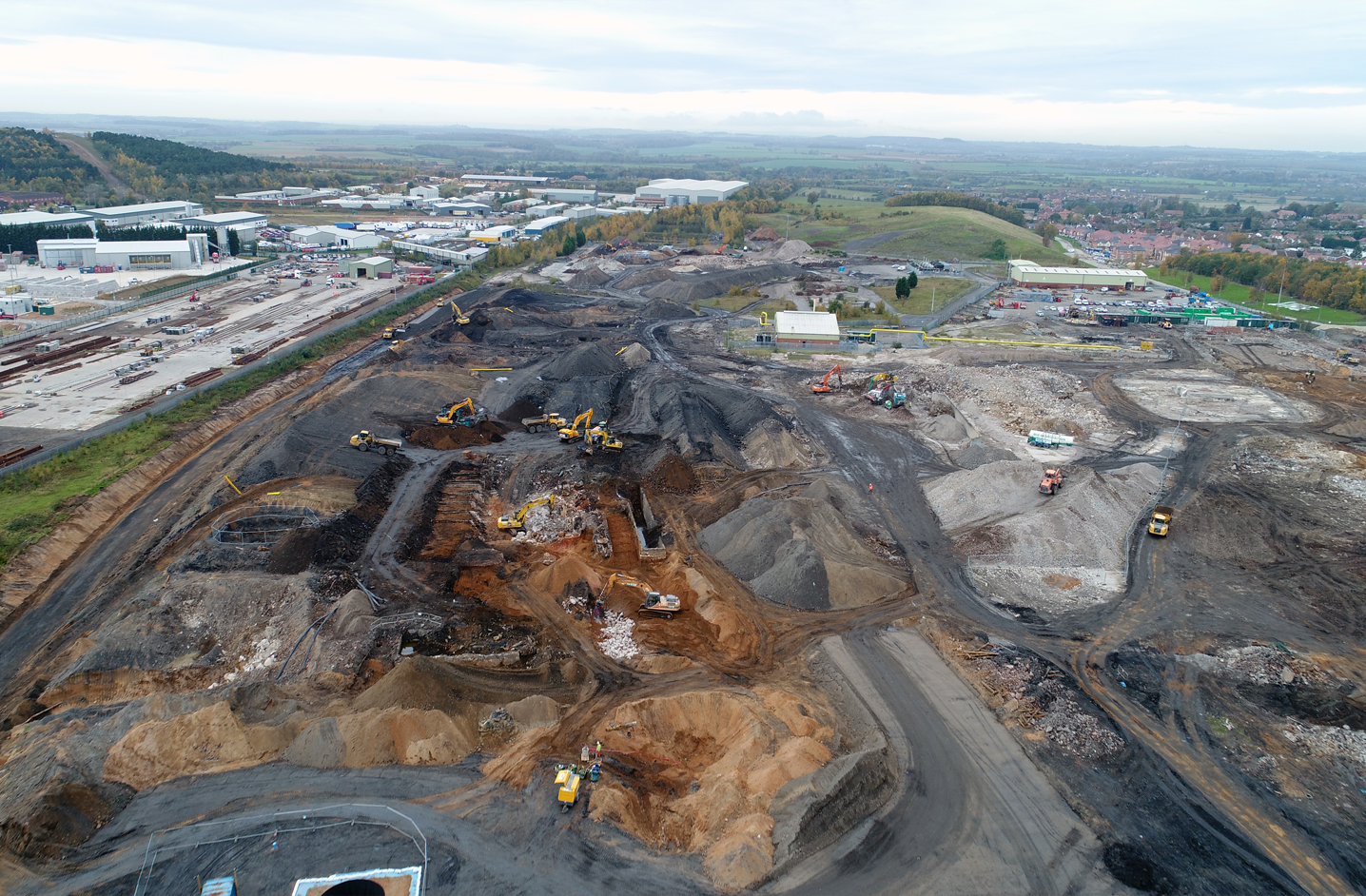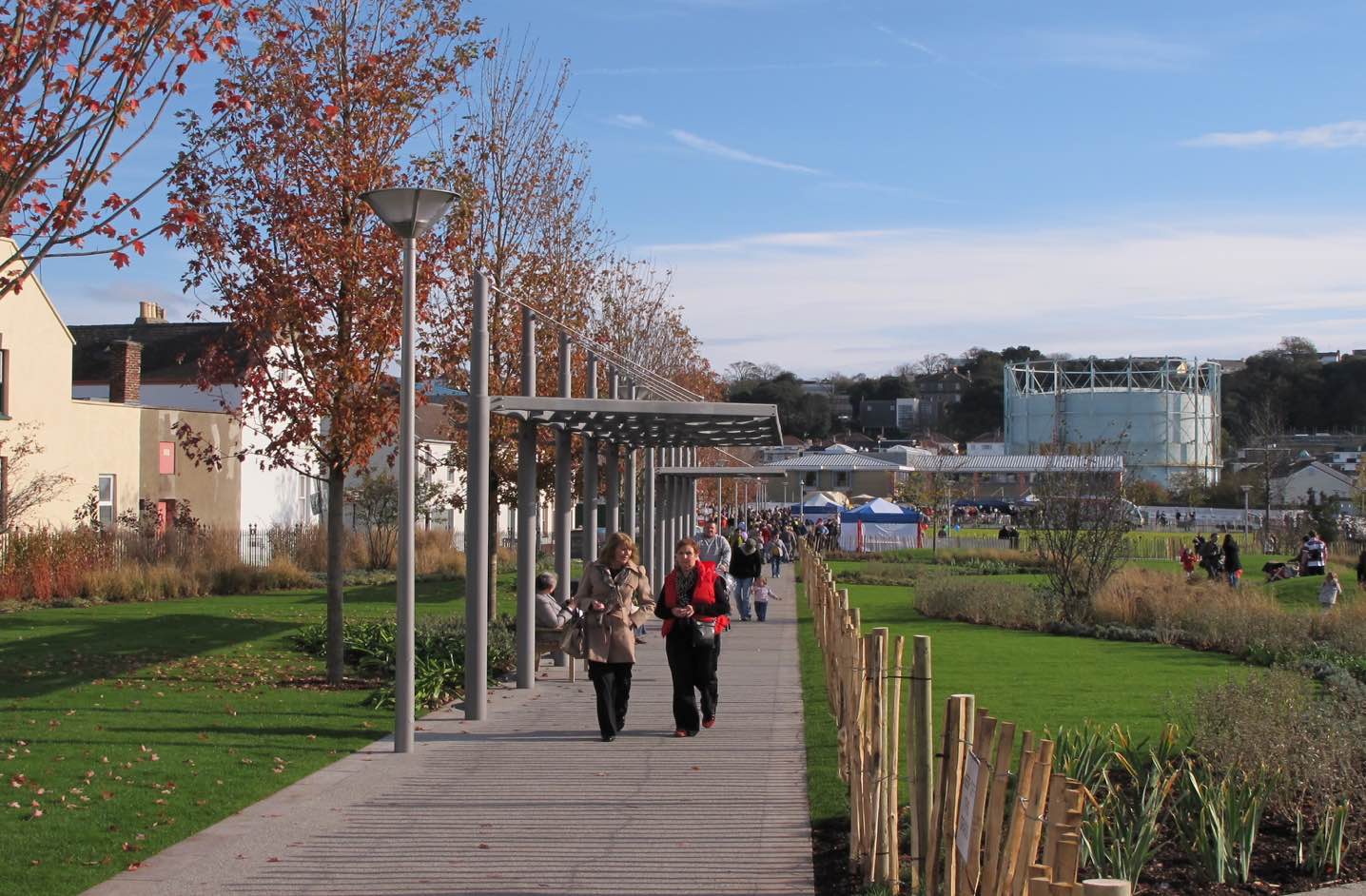Engineering Services
The UK infrastructure market is robust and sustainable with continued growth in forecast spending, backed by strong Government support and committed investment in all key long-term programmes.
Investment in infrastructure2
£650bn
2020–2025
There are five fundamental long-term trends that will support the Group’s growth over the next ten years.
Long-term trends |
Opportunity for Renew |
|---|---|
Political and economic landscapeConservative Government infrastructure election pledge Impact of Covid-19 on working practices Brexit uncertainty |
|
Population growthIncreased pressure on transport capacity Housing shortages Demand for natural resources increases |
|
Government regulationDrive to optimise assets Incentives linked to customer satisfaction |
|
Climate changeFocus on decarbonisation Increased flood risk |
|
Technological developmentsMove towards smart cities and smart transport Need for improved wireless networks |
|
Key markets
Investment in Control Period 6
£53bn4
Our markets
Network Rail is investing £53bn4 over the current Control Period (“CP6”), which runs to 2024. Network Rail is a significant strategic customer for the Group and during the period the Group became the third largest provider of engineering services to Network Rail nationally. CP6 has an increased focus on operational support, renewal and maintenance works, which plays to our strengths, as does the Government’s commitment to its rail decarbonisation
programme. This will include significant investment in electrification programmes as part of the overall UK target to deliver net zero by 2050.
We currently operate in all of Network Rail’s, routes and regions and have 20+ regional offices and depots strategically located across the entire rail network. Our national footprint with regionally focused delivery teams, makes us ideally placed to react and respond to our customer needs at short notice.
Nuclear decommissioning provision
£124bn8
Our markets
This year has seen significant changes to the Government’s stance towards nuclear energy. Turbulent energy markets and high gas prices have exposed the issues of over reliance on
foreign supplies. In April 2022, the Government launched the British Energy Security Strategy, identifying new nuclear as an important part of its plans to ensure greater energy independence. The strategy will see a significant acceleration in investment in new nuclear, with an ambition of new nuclear producing up to 24GW by 2050, representing 25% of projected electricity demand9.
Whilst most existing plants will be shut down by the end of the decade, the Government has simultaneously set a target to commence construction of up to three new nuclear plants in the
next 10 years, with the approval of a £100m investment in Sizewell C10 (estimated to be a £30bn project), £210m allocated to Small Modular Reactors (“SMRs”)11 and the establishment of Great British Nuclear. This sizeable investment in new nuclear represents an exciting growth area for the Group.
Committed UK Government spend over the next six years
£5.2bn18
Our markets
Changing weather conditions have highlighted the need for investment in flood defence, and the UK Government has committed £5.2bn18 over the next six years to improve flood defence infrastructure. This includes plans to improve protection to 336,000 properties exposed during the floods in 2019, with similar programmes being planned in devolved budgets for Scotland and Wales.
Investment in gigabit-capable broadband
£30bn7
Our markets
As the UK Government continues to invest in wireless technology to improve the nation’s connectivity, the sector remains an attractive growth area for the Group. An estimated £30bn7 is
required to upgrade the nation’s broadband networks to gigabit-capable speeds, which includes the Government’s £5bn investment in Project Gigabit to upgrade the UK’s broadband
infrastructure, a significant component of which is 5G, the expansion of the Shared Rural Network and the £500m programme to extend 4G mobile coverage to 95% of the UK.
Road Investment Strategy 2 ("RIS2")
£24bn5
Our markets
The UK Government has committed to an unprecedented level of spending on England’s strategic road network as part of its second Road Investment Strategy (“RIS2”). Of the £24bn5, £11.9bn of funding is ringfenced for operations, maintenance and renewals which represents a significant opportunity for Renew. Importantly, this trend looks set to continue with increased spend in renewals forecast over the next 10 years with a focus on structures, concrete pavement and road restraints.
Recently, Transport Focus, the independent watchdog representing the interests of users of England’s motorways, submitted its six strategic objectives for RIS36. The objectives build on the first two strategies and while all six objectives are important, Transport Focus notes that those of the greatest importance relate to the top three road user priorities: improved quality of road surfaces; safer design and upkeep of the road network; and better management of roadworks. This continued focus on renewals and maintenance plays well into the Group’s capabilities as we move into RIS3.
Funding to strengthen the transition to low carbon technologies.
£20bn16
Our markets
Renew is focused on leveraging opportunities in the electricity transmission and distribution market. This is expected to grow as a consequence of the changing energy generation mix where we note that Ofgem has announced more than £20bn16 of initial funding to strengthen the transition to low carbon technologies.
Invested in the sector in recent years
£3bn15
Our markets
The UK Government’s commitment to ban the sale of non-electric new cars by 2030 provides the Group with another exciting growth opportunity. This target has been identified as a
key priority in supporting the Government’s net zero emissions targets as well as its ambition to become the fastest nation in the G7 to decarbonise road transport12.
As part of its plans, the Government committed to remove charging infrastructure as both a perceived, and a real, barrier to the adoption of electric vehicles and has allocated a £950m
Rapid Charging Fund13 to support the rollout of at least 6,000 high-powered charge points across England’s motorways and major A-roads by 2035. An additional sum of over £500m of
funding has been granted to support local authorities to find innovative ways to increase local charge point coverage, as well as the launch of the £10m Local EV Infrastructure pilot project14.
The sector has seen over £3bn invested in recent years15. Large vehicle fleet owners such as Amazon, XPO and Post Office are investing in vehicle charging infrastructure to support return to base electric fleets.
Committed by UK Government
£5.2bn18
Our markets
Changing weather conditions have highlighted the need for investment in flood defence, and the UK Government has committed £5.2bn18 over the next six years to improve flood defence
infrastructure. This includes plans to improve protection to 336,000 properties exposed during the floods in 2019, with similar programmes being planned in devolved budgets for Scotland and Wales.
1 Renew uses a range of statutory performance measures and alternative performance measures when reviewing the performance of the Group against its strategy. Definitions of the alternative performance measures, and a reconciliation to statutory performance measures, are included in Note 30.
2 HM Treasury, Autumn budget and spending review 2022 - October 2022.
3 HM Treasury, Autumn budget and spending review 2022 - October 2022.
4 Network Rail Delivery Plan, Control Period 6, High Level Summary - 26 March 2020.
5 UK Government Department for Transport, Planning ahead for the Strategic Road Network - December 2021.
6 Transport Focus, Putting road users at the heart of the Road Investment Strategy for 2025-2030 - October 2022.
7 UK Government Department for Digital, Culture, Media & Sport, Future Telecoms Infrastructure Review - 23 July 2018.
8 Nuclear Decommissioning Authority, Nuclear Provision: the cost of cleaning up Britain’s historic nuclear sites - 4 July 2019.
9 British Energy Security Strategy – April 2022.
10 British Energy Security Strategy – April 2022.
11 British Energy Security Strategy – April 2022.
12 Taking Charge: the electric vehicle infrastructure strategy – March 2022.
13 Taking Charge: the electric vehicle infrastructure strategy – March 2022.
14 Taking Charge: the electric vehicle infrastructure strategy – March 2022.
15 Taking Charge: the electric vehicle infrastructure strategy – March 2022.
16 Ofgem RIIO-ED2 Draft Determinations – Overview Document – 29 June 2022.
17 Ofwat PR19 final determinations, December 2019.
18 UK Government Department for Environment, Food and Rural Affairs, Flood and coastal erosion risk management – 29 July 2021.



